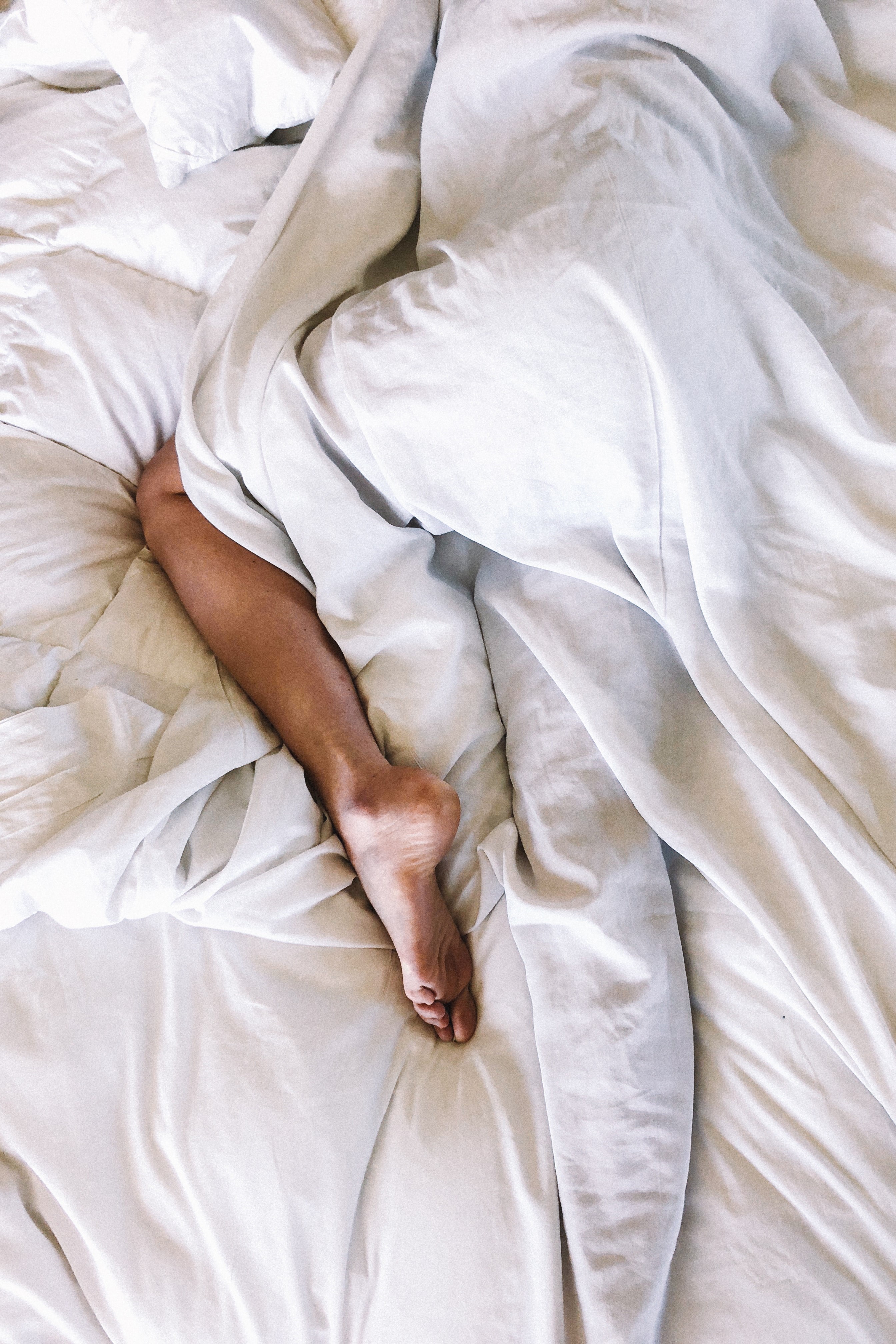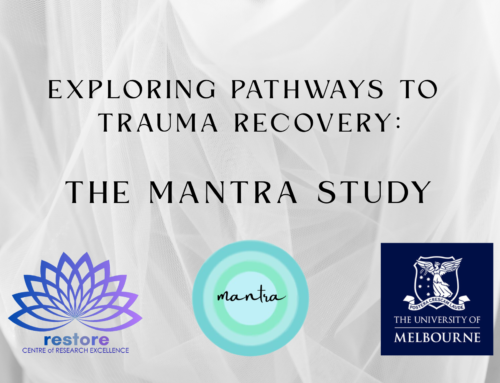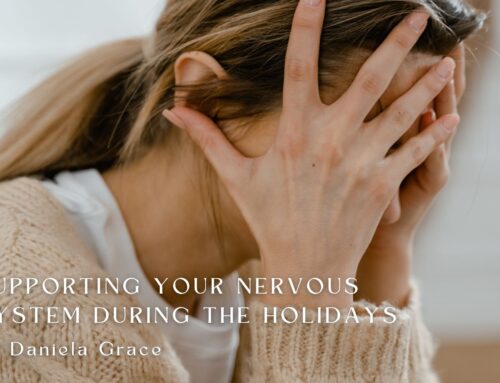Can’t sleep?
You are not on your own. Almost 90% of Australians suffer from a sleeping disorder, with 30% having a severe sleeping disorder, and 5% experiencing chronic insomnia.
Furthermore, as we age our sleep patterns change, it will generally take longer to fall asleep and the quality of sleep is reduced. The elderly also tend to wake up more easily at night, and are hence more likely to suffer from insomnia.
Studies also show that women are more likely to experience insomnia than men.
Insomnia is finding it hard to fall asleep or stay asleep on a regular basis. There are several patterns, i.e. you may have trouble getting to sleep initially, or even if you can fall asleep, you might not be able to stay asleep for as long as you would like. Also, you may wake up during the night and not be able to go back to sleep for a long time. Many people have two of the above problems, or even all three.
Common causes of insomnia can include:
- Some medication and drugs e.g. asthma or blood pressure medication, caffeine, alcohol or smoking.
- Chronic pain and other uncomfortable illnesses
- Stress at work or in your personal life
- Grief
- Depression
- Anxiety and worrying, including worrying about not getting enough sleep
- Eating late at night
- Travel and work schedule (e.g. shift work, traveling across multiple time zones)
- Poor sleep hygiene (e.g. working on your laptop or watching TV late at night)
And sometimes there is no clear cause for insomnia.
If you have not had a good night’s sleep, you are likely to feel more tired the next day. You may also feel more irritable, experience mood swings, a loss of concentration and motivation. Insomnia over time can lead to anxiety, depression as well as physical side effects such as muscle aches, hypertension, poor immunity, and an increased risk of diabetes, cardiovascular disease and obesity.
An elevated risk of daytime accidents in the workplace or whilst driving is also a consequence of impaired sleep.
If your sleeping patterns are affecting your quality of life, then these home remedies may be able to help.
- Mindfulness meditation
Mindfulness meditation consists of slow, steady breathing while sitting quietly. You observe your breath, body, thoughts, feelings, and sensations as they rise and pass.
Mindfulness meditation has numerous health benefits, including promoting good sleep, reducing stress, improving concentration, and boosting immunity.
You can meditate as often as you like, but aim to do at least 15 minutes in the morning or evening.
Maybe consider joining a meditation group once a week to stay motivated. Meditation is safe to practice; however, it has the potential to bring up strong emotions. If it does, then please find a meditation teacher who can guide you through the process.
Some great mediation apps are: Insight Timer, YogaGlo and Headspace.
- Mantra repetition
Repeating a mantra or positive affirmation repeatedly can help focus and calm your mind. Mantras are said to produce feelings of relaxation by quieting the mind.
You may choose a mantra in Sanskrit, English, or another language. Choose a mantra that you find pleasant and calming. It should be a simple, positive statement in the present tense. A good mantra will allow you to continually focus on the repetition of sound, which will enable you to relax and go to sleep.
Some mantra ideas for better sleep:
- My mind is calm and my body is relaxed
- I am at peace
- I am calm and my body is still
- I welcome sleep into my being
- Let it be
- I am becoming more relaxed with every breath
- I am grateful for this time to rest
- Relax, release, rest
- I deserve to rest
- My mind and body are ready for sleep
- Yoga
Yoga has been found to have a positive effect on sleep quality. It may also alleviate stress, improve physical functioning, and boost mental focus.
Choose a style of yoga that focuses more on moving meditation or breath work as opposed to difficult physical movements. Slow, controlled movements allow you to stay present and focused. Yin and restorative yoga, for example, are great options.
Strive to do at least 20 minutes of daily practice. If a pose doesn’t feel right for you, do not force it, as this may result in injury. It is important to do what feels good for you and your body, and that varies from person to person.
- Exercise
Exercise boosts overall health. It can enhance your mood, give you more energy, aid in weight loss, and promote better sleep. Moderate exercise for at least 20 minutes per day can help to reduce symptoms of depression and anxiety. Find the time of day that best suits your needs and that has the most positive effect on your sleep.
- Massage & Acupuncture
Massage therapy as well as acupuncture may benefit people with insomnia by improving sleep quality. They may also reduce feelings of pain, anxiety, and depression.
If professional massage is not an option, you can do self-massage. You may also find it beneficial to have a partner or friend give you a massage. Allow your mind to focus on the feelings and sensations of touch as your mind wanders.
- Magnesium
Magnesium is a naturally occurring mineral. It can help muscles relax and relieve stress. This is thought to encourage healthy sleep patterns. Men may take up to 400 mg daily, and women can take up to 300 mg daily. You may choose to divide your doses between the morning and evening or take your dose before bed. You may wish to start with a lower dose and gradually increase to see how your body reacts. Taking it with food may reduce any abdominal discomfort.
You may also add 1 cup of magnesium flakes to your evening bath, allowing the magnesium to be absorbed through your skin. *
- Lavender oil
Lavender is used to improve mood, reduce pain, and promote sleep. A study showed that lavender oil capsules were beneficial in improving sleep patterns in people with depression when taken with an antidepressant. People also showed lowered levels of anxiety, which would seemingly allow for better sleep.
You may want to try to add lavender essential oil to a diffuser or spray it onto your pillow. Lavender tea is also an option. Lavender oil is safe to use, however, never take it internally when not in capsule form.
- Melatonin
Melatonin can help you to fall asleep more quickly and enhance the quality of your sleep.
Take 1 to 5 mg 30 minutes to two hours before going to sleep. You should use the lowest effective dose possible, as higher doses may cause side effects such as dizziness, headaches, or irritability.
Melatonin is generally safe to use for short periods of time. *
- Herbs
Valerian. Like chamomile tea, folk practitioners have turned to the root of this flowering plant to easy anxiety and promote relaxation. According to a review of sixteen studies, valerian root is shown to help people go to sleep faster and sleep more soundly. It may not be used long-term! *
Kava. The root has traditionally been used for promoting relaxation. One study found that kava was significantly more effective in the treatment of anxiety than a placebo, and research suggests it may also help treat insomnia. But like valerian, long-term use is not advised. *
Passionflower. The tropical flower acts as a mild sedative, and can hence assist with sleep disorders. Try steeping a teaspoon of passionflower in boiling water for 10 minutes before drinking – and going to bed. *
- Sleep Hygiene: Do’s & Don’ts
The Do’s:
- Stick to a regular sleep schedule (same bedtime and wake-up time), seven days a week.
- Exercise at least 30 minutes per day most days of the week. Restrict vigorous exercise to the morning or afternoon. More relaxing exercise, like yoga, can be done before bed.
- Get plenty of natural light exposure during the day. Open your blinds first thing in the morning and get outside during the day. You can even try using a light box first thing in the morning during dark winter days to help your brain wake up and regulate your body’s rhythms.
- Establish a regular, relaxing bedtime routine.
- Take a warm bath or shower before bed.
- Do relaxation exercises before bed, including mindful breathing and progressive muscle relaxation.
- Make sure your sleep environment is pleasant and relaxing. Your bed should be comfortable, and your room shouldn’t be too hot, too cold, or too bright. Be sure your pillow is comfortable.
- Use an eye mask or black out curtains if necessary.
- If necessary, use ear earplugs, or consider investing in a white noise machine to block distracting sounds.
- Stick with bedding made from natural fibres like cotton, wool, silk, bamboo, and linen. Avoid synthetic fabrics like polyester that trap heat and moisture.
- Associate your bed with sleep and sex only. Don’t work, eat or watch TV in bed.
- Go to bed when sleepy, and get out of bed if you’re tossing and turning.
- Turn your clock around so you can’t see the time.
- Turn off the alert for texts and emails on your phone.
- Keep a “worry journal.” If something’s on your mind as you’re trying to fall asleep, write it down on a pad of paper so you can revisit it the next day.
- If you’re unable to fall asleep after about 20 minutes, leave bed and do something relaxing (like reading); return to bed later.
- Download free screen-dimming software for your computer. Two popular programs are lux and Dimmer. These nifty programs help you avoid the stimulation of bright light if you’re using your computer late at night. Better yet: Put the computer away an hour before bedtime!
The Don’ts:
- Don’t ingest caffeine after noon. This includes coffee, tea, iced tea, energy drinks and soda.
- Don’t have that second glass of wine with dinner. While alcohol is known to speed the onset of sleep, it also disrupts sleep – especially causing arousal during the second half of the night, when the body should be entering deep sleep.
- Don’t take other stimulants close to bedtime, including chocolate, nicotine and certain medications.
- Don’t eat a large, heavy meal close to bedtime.
- Don’t watch TV, use the computer or spend long periods on a mobile device before bed. These activities stimulate the brain and make it harder to fall asleep.
- Don’t use your phone, laptop, or other mobile device in bed.
- Don’t give in to the urge to nap during the day; it can disturb the normal sleep/wakefulness pattern.
If you’ve diligently applied good sleep habits and still find you’re not sleeping well on a regular basis, it might be time to think about Cognitive Behavioural Therapy for Insomnia (your GP may be able to refer you).
* Always consult your Health Care Practitioner before trying any of the supplements and herbs suggested in this article, to see if these are right for you!
Oyster Shells & Dragon Bone – Chinese Medicine
Dr Leela Klein (TCM)
M: 0421 283 442








Leave A Comment